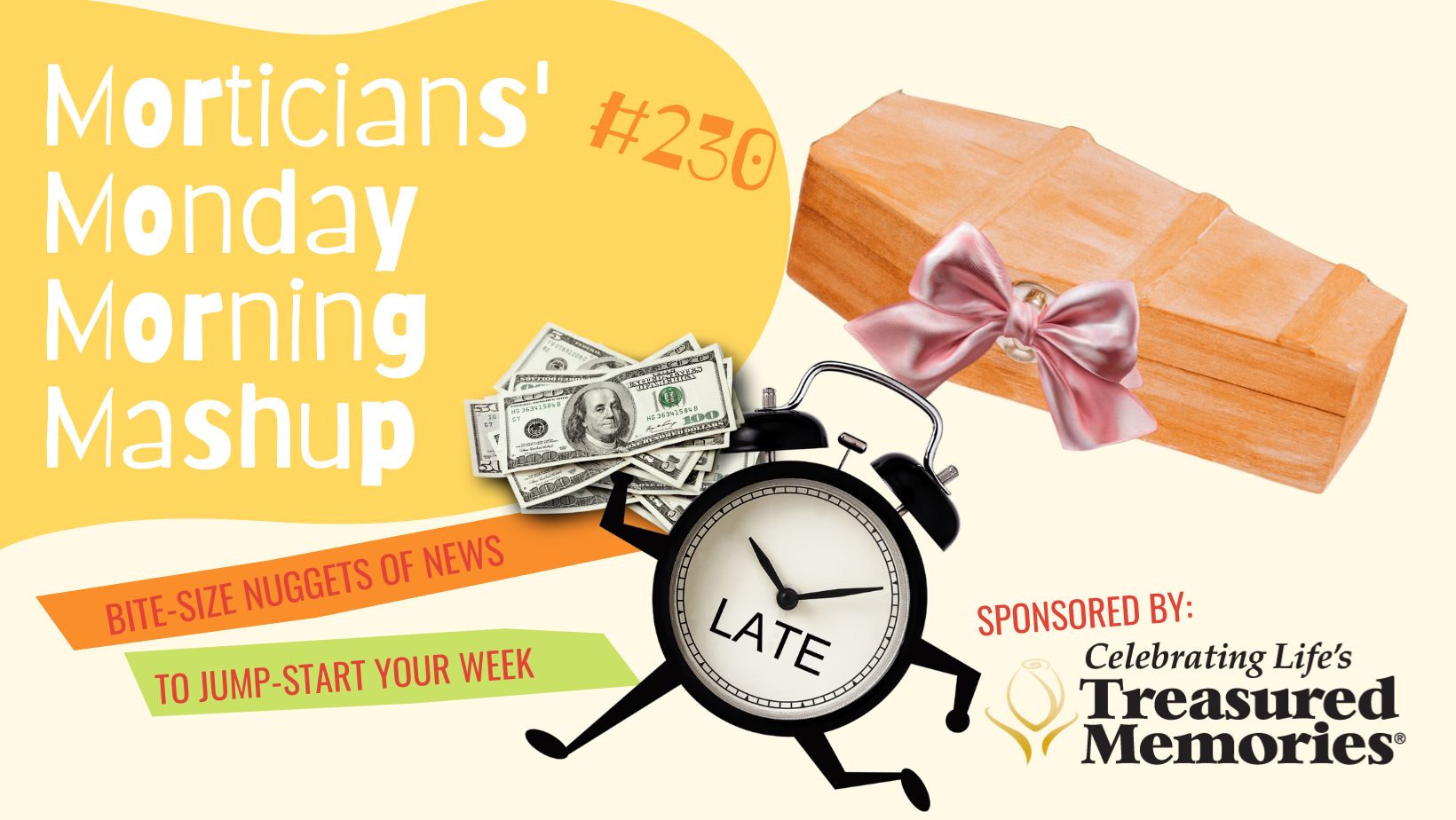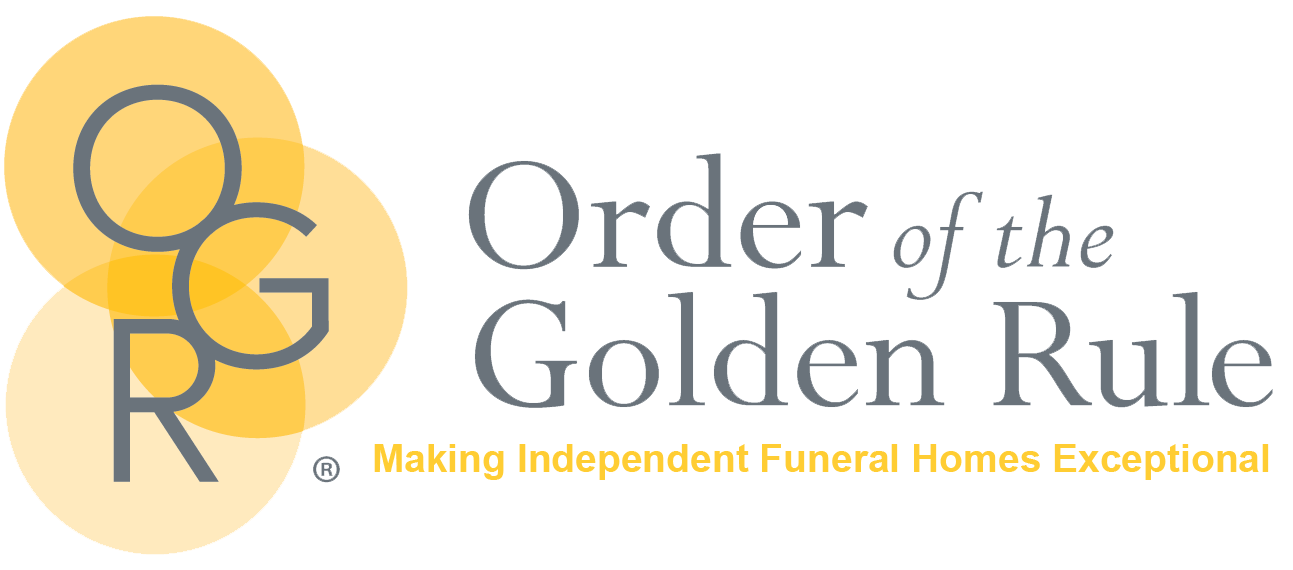Compassion Fatigue and Death Care Writers: Is This a Thing?
Funeral directors, embalmers and other professionals whose jobs involve the processing of human remains confront a unique form of stress, one intrinsic to the nature of the work. Truly a calling like nearly no other, death care carries with it personal and professional challenges in each case which simply cannot be understood and appreciated except by others in the profession.
But what about those who report on your work, death care journalists and writers? Does just addressing death care matters carry any potential effects?
Science says yes
Science says yes. Especially over time; though effects are unpredictable and highly personal, there’s a cumulative stress effect built into writing on matters of death and human suffering that can leave lasting effects on writers.
Studies on secondary trauma such as the kind suffered by war journalists have shown effects all the way up to and including PTSD. And while distance built into the type of exposure brought about by working on an informative blog like this one lacks the immediacy and threat of reporting on catastrophic events like a natural disaster or war, the mechanism is similar.
Consistently addressing topics of human suffering and death can affect writers, sometimes deeply, and sometimes for years. One principal manner in which this happens is through empathy-based stress, where understanding and compassion can create and inflict a shared sense of suffering.
Workplace exposure
Research on stress and its effects in the workplace is growing. Connecting Directors has covered Secondary Traumatic Stress in funeral directors, embalmers and others whose death care roles expose them regularly to trauma and tragedy. Secondary Traumatic Stress (STS) is one form of several clinically-recognized types of stress which include compassion fatigue and vicarious traumatization.
Writers in death care who research traumatic subject matter through evaluation of source materials and personal accounts may find themselves grappling with one or more of these clinical forms of stress response, especially secondary stress or compassion fatigue (which are not the same thing).
Occupational Health Science discusses a mechanism of the effect:
“[…] empathy-based stress is a process of trauma exposure (i.e., a stressor) combined with the experience of empathy (i.e., an individually- and contextually-driven affective reaction) that results in empathy-based strain, adverse occupational health reactions, and other work-relevant outcomes.”
Writers are by nature empathic creatures. The Department of Veterans’ Affairs in this article state details of the nature of the effects on journalists specifically:
“The results of the study indicated that some journalists experienced distress, such as intrusive recollections of the events, avoidance of reminders of the events, and symptoms of depression, following their coverage of trauma, tragedy, and disaster. In addition, some of these journalists noted sustained distress that had persisted for several years. Pyevich and colleagues examined the impact of exposure to traumatic events on and off the job. As in earlier PTSD studies, these researchers found that greater exposure to traumatic events was related to greater symptom severity [emphasis ours].”
Nobody’s making a case that the effects of writing for a death care blog pose the same potential for emotional trauma and exposure as the frontlines war journalism. The subject matter often overlaps, though, sometimes in multiple areas. And in some contexts – pandemic, war — physical distance provides no meaningful remove from the impact of the high numbers of mortality of the subject.
With the death care world being a self-selecting small control group, even writers, called to the purpose, tend to remain for the long-term.
Our work’s exposure — like yours – is ongoing.
What’s a death care writer to do?
Knowledge is power. Monitor your emotional wellness and pay attention to stress levels and mood. There’s no right and wrong stress response – what matters is that you address your needs on your own terms; there is no rubric for how much stress is too much. If it’s too much for you, it’s too much. If you need time or a break, take it.
Stress has a way of accreting in silence; it can build so gradually that it’s easy to miss when it crosses a critical threshold. Neglected stress can have other physically debilitating – even fatal – consequences in addition to placing heavy psychological demands. The National Press Club provides this informative examination with suggestions and resources.
Most important is addressing the issue with those who understand: family, therapists and each other. We can each benefit from the support of our peers.




